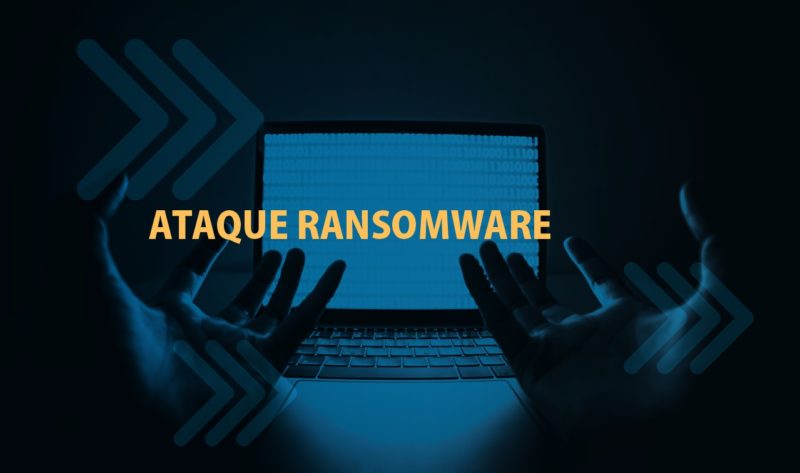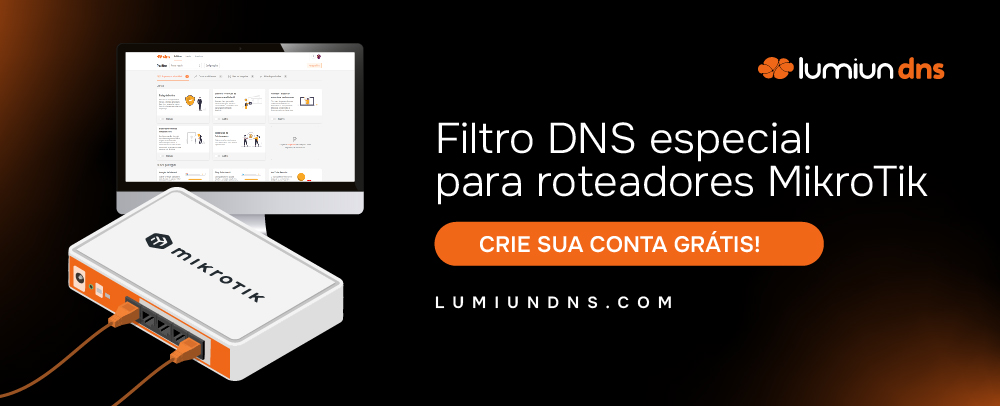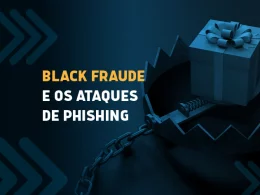After all, does a DNS firewall reduce the risk of ransomware attacks? This is one of the frequently asked questions when it comes to internet security management. Since ransomware attacks have become increasingly frequent.
The number of incidents only grows and is now worrying not only large companies and governments. In fact, medium and small companies , especially those that process and store sensitive data, have been committed to mitigating risks and establishing levels of control and security for data and networks .
DNS firewall for everyone

Size is not a document… This is a popular saying that, unfortunately, well exemplifies the situation and risks of ransomware attacks today.
Could you tell us how hackers choose companies to attack with ransomware?
Firstly, they choose fragile and unprepared ones , with no information security policy or process on the internet. That simple.
Secondly, the less secure ones with an abundance of sensitive data , which makes it easier to demand payment .
However, every computer is a primary target and gateway for ransomware attacks or other forms of malicious code. After all, just as DNS is the gateway for all data traffic and access flows, it is also the gateway for any and all types of attacks .
That's why a good internet security solution starts with controlling and monitoring DNS (Domain Name System).
So, right away, we can answer the title question of this article: Does DNS firewall reduce the risk of ransomware attacks?
The answer is a big and resounding YES!!!
Certainly, correctly configured, a good DNS firewall can reduce the risk of ransomware attacks .
When it comes to internet security, underestimating or neglecting the need to establish and manage access rules based on DNS queries is definitely not a good idea.
Returning to the popular expression, regardless of the size of the company, all companies must dedicate adequate and professional attention to the security of their data and information .
How does a DNS firewall work?

Just to illustrate, before we continue, watch this short video (it's just a minute) which, in a didactic and very simple way, explains how a DNS firewall works and its importance in reducing the risk of a ransomware attack .
A DNS firewall works through processes that ensure security, control and monitoring of network data and internet access flows .
Unlike a traditional firewall, the DNS firewall , in addition to blocking and redirecting users to prevent access to malicious websites, also acts more broadly, at different layers and phases of the DNS, reducing the risk of loss, blocking or compromise of data .
In principle, this technology provides the opportunity to protect more data , helps to isolate compromised devices and keeps information about malicious attacks visible and updated , through an automated threat feed .
A good tip for all sizes of companies, but especially for medium and small companies, is to research and find out about accessible solutions and technologies .
Both economically and for ease of use. Not all solutions available on the market are cheap or simple to operate . Furthermore, invariably, the support available is only in English.
Since small and medium-sized entrepreneurs end up getting directly involved in the management processes of their companies, it makes all the difference to be able to monitor and control internet security processes in Portuguese and in a completely intuitive and easy way .
Why invest to reduce ransomware attack risk with DNS firewall?

Likewise, the answer to this question is simple and completely pragmatic. In other words, because it is easier and cheaper to prevent than to cure .
Especially because, without prevention or protection to avoid ransomware attacks, the impact and resulting losses cannot always be reversed . Consequently, they can be fatal for any company . Mainly for medium and small companies.
Furthermore, every entrepreneur knows the pain and delight of having their own business. Because of this, they are almost always practical and objective. Because they know your company like no one else (or should) and they know the importance of management and economy .
By analogy, the management of internet security processes has a direct connection with saving resources , which are available for investment and for carrying out each company's business.
The lack of investment for the purpose of mitigating the ransomware attack, for example, is, in itself, a risk that entrepreneurs should not take . Since this administrative omission can lead to:
- losses from data loss (temporary or permanent);
- losses resulting from interruption in the production or provision of goods and services;
- losses due to the interruption of activities and operations that generate revenue;
- losses to try to remedy the situation or give in to extortion from a ransomware attack; It is
- damage to your company's reputation.
But, after all, how can small and medium-sized companies prevent cyber attacks?

Be that as it may, lack of investment always leads to losses. It is up to companies to manage these risks in the same way they seek, for example, to avoid wasting employees' time on websites and social networks.
The solution to this type of waste and to reducing the risk of ransomware attacks or more common cyber attacks undoubtedly lies in technology .
In this sense, you should start with good internet security practices and an adequate and customized DNS firewall solution .
Reduce ransomware attack risk with DNS Firewall

Given the scenario of increasing incidents of cyber attacks and the context of the need for investments to reduce the risk of ransomware attacks , a DNS firewall solution is essential .
Small and medium-sized entrepreneurs need to understand that their companies are targets, when it comes to demanding money to unlock or return data and access.
In contrast, the less prepared, the easier and more preferable it becomes for hackers and ransomware attacks, regardless of the motivation .
Be that as it may, some malicious attacks are only intended to invade as many systems as possible and form a “reputation” for the hacker. Others aim to access data and information that allow strategic advantage in decision making. Still, there are those who, for example, intend to steal data for sale to competitors or on the Deep Web.
This is why it is so important that a DNS firewall is implemented to prevent, protect and reduce the risk of ransomware attacks or other forms of cyber attacks.
In this sense, it is necessary to understand that there is no magic solution that prevents attacks. What does exist are good practices and the systematization of information security processes through technology . Also, it is through DNS that malicious attacks begin.
Finally, the purpose and relevance of a DNS firewall: reduce the risk of ransomware attacks.
Lumiun Internet Security has been developing and improving solutions and technologies that help thousands of users improve internet security and productivity in small, medium and large companies. Talk to a consultant and request a demonstration.
As a suggestion for continuing this reading, the page What is DNS Firewall and 7 reasons to use it in your company is a good continuation of reading this text. You can also download the content from this page and share it with those who also need this content.











